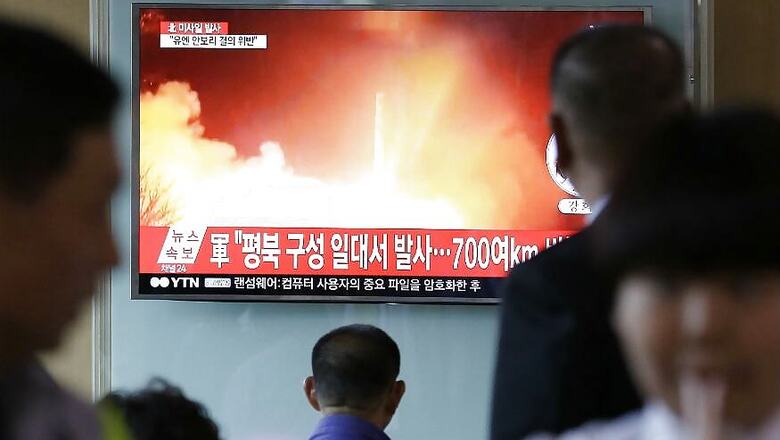
views
Seoul: North Korea on Sunday test-launched a ballistic missile that landed in the Sea of Japan, the South Korean, Japanese and US militaries said. The launch is a direct challenge to the new South Korean president elected four days ago and comes as US, Japanese and European navies gather for joint war games in the Pacific.
It wasn't immediately clear what type of ballistic missile was launched, although the US Pacific Command said that "the flight is not consistent with an intercontinental ballistic missile."
"The president expressed deep regret over the fact that this provocation occurred just days after a new government was launched in South Korea," Yoon told a televised conference. "The president said we are leaving open the possibility of dialogue with North Korea, but we should sternly deal with a provocation to prevent North Korea from miscalculating."
Japanese Chief Cabinet Secretary Yoshihide Suga said the missile flew about 800 km (500 miles) from a launch site on North Korea's western coast for about 30 minutes and landed in the Sea of Japan, but not inside Japan's exclusive economic zone. Japan's Defense Ministry says the missile likely reached an altitude of 2,000 km (1,240 miles). Prime Minister Shinzo Abe told reporters Sunday that the launch is "absolutely unacceptable" and that Japan will respond resolutely.
South Korea's Joint Chiefs of Staff said in a statement that the missile was fired early Sunday morning from near Kusong, in North Phyongan province.
"The United States should never expect us to give up our nuclear capability," the main Rodong newspaper said in a commentary carried by the Korean Central News Agency.
It said US President Donald Trump's "maximum pressure and engagement" policy is only aimed at "stifling us" and will compel the North to "strengthen our nuclear deterrent at the maximum speed."
The launch also comes as troops from the US, Japan and two European nations gather on remote US islands in the Pacific for drills that are partly a message to North Korea. The USS Carl Vinson, an aircraft supercarrier, is also engaging with South Korean navy ships in waters off the Korean Peninsula, according to Seoul's Defense Ministry.
On Saturday, a top North Korean diplomat in charge of US relations, Choe Son Hui, told reporters in Beijing that Pyongyang would be willing to meet with the Trump administration for negotiations "if the conditions are set”.
During the South's so-called "sunshine" era of the late 1990s and early to mid-2000s, liberal South Korean leaders held two summits with Kim Jong Un's father, the late Kim Jong Il, and shipped huge amounts of aid to the North. Critics say this only helped the elite in Pyongyang build their missile and nuclear programs, while supporters point to the bloodshed, threats of war and nuclear development of the last decade as proof that the conservative approach was no better.










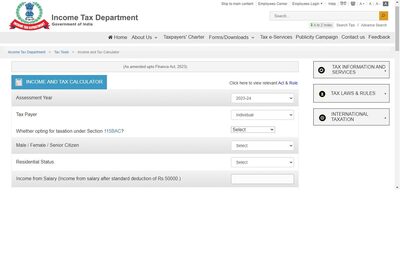

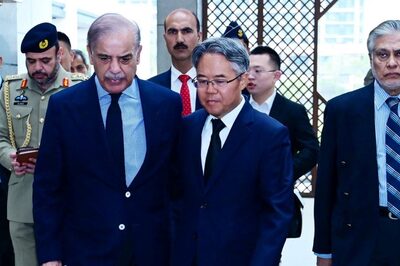



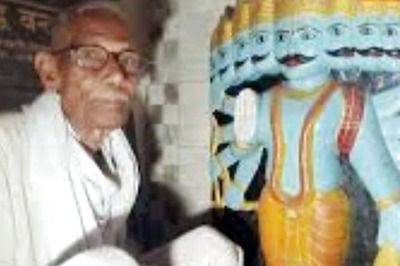
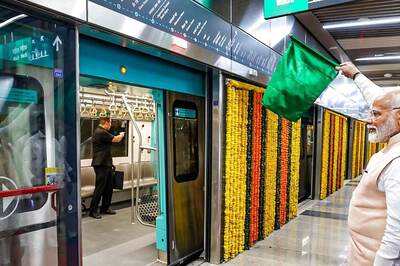


Comments
0 comment